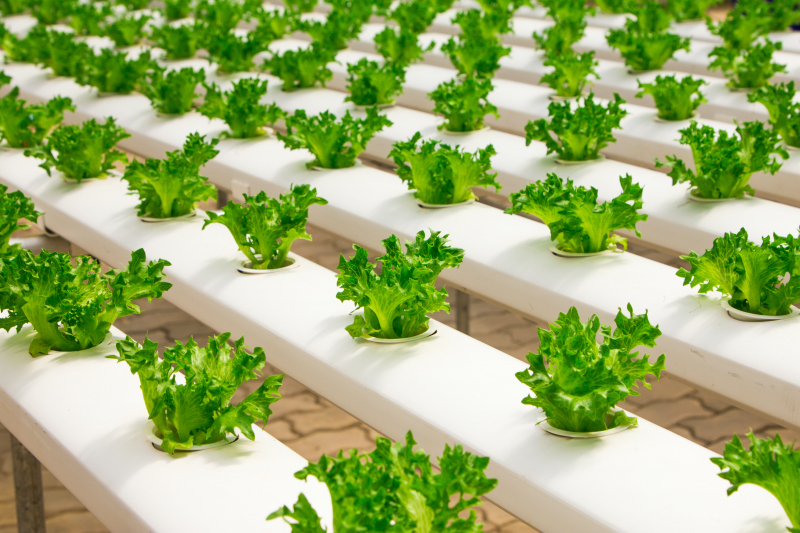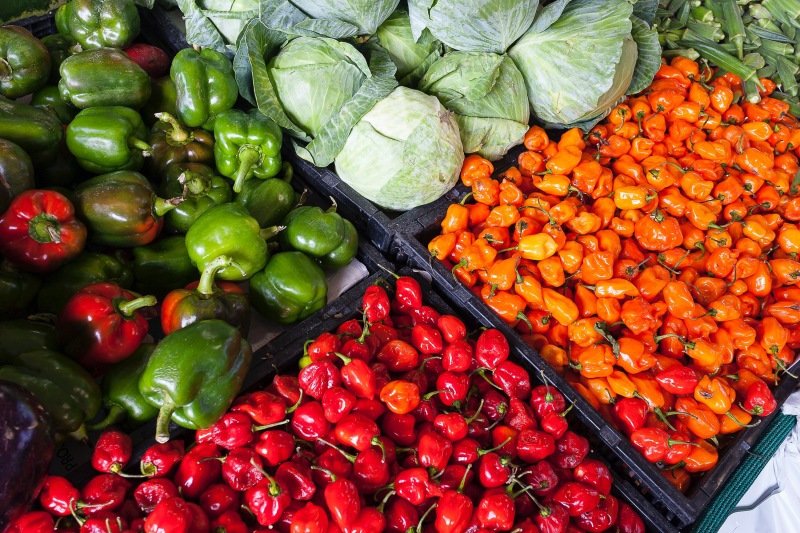Organic Farming is Just Hype
Not all organic agriculture myths are propagated by the movement's supporters. There are those who don't fully grasp the advantages, therefore it's important to reiterate that organic farming isn't terrible. Not all organic food is bad. It's simply different and ought to be investigated in an open manner without using propaganda from either side of the aisle. In light of this, organic farming has definite advantages that demonstrate it is more than just a trend or marketing gimmick.
Integrating cultures into organic farming is one way it can, when done correctly, improve the environment. Monoculture, or conventional farming, is a common practice. Here, a farmer merely plants and raises a single crop. If you are familiar with farming, you are aware that if all you do with your soil is plant corn in it year after year, negative things will happen to it. Planting the same crop repeatedly depletes the soil to the point that nothing will grow until you fertilize it once more, which brings with it a slew of additional possible issues. Different crops will absorb different nutrients.
Organic agriculture frequently employs integrated cultures. Crops are rotated as a result, which has a number of advantages. With monoculture farming, there is an increase in soil fertility, chemicals in fertilizers and pesticides, and water use. Therefore, organic farming practices are more environmentally friendly and more environmentally sustainable as a whole.
Now that we've seen how GMO crops can improve environmental advantages, if someone were prepared to mix GMO crops with organic farming practices, perhaps an incredibly productive farm might be created that was also environmentally beneficial.












